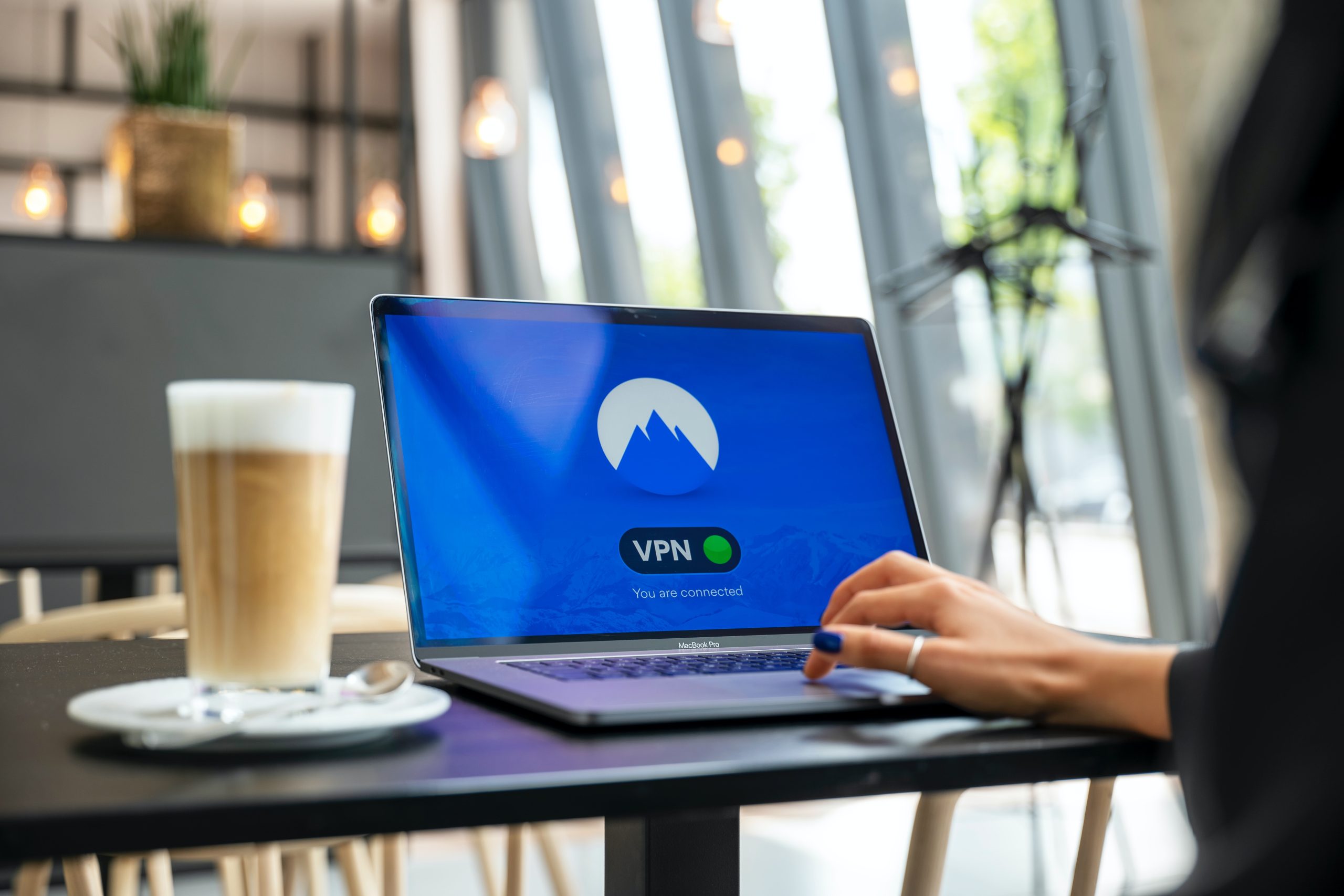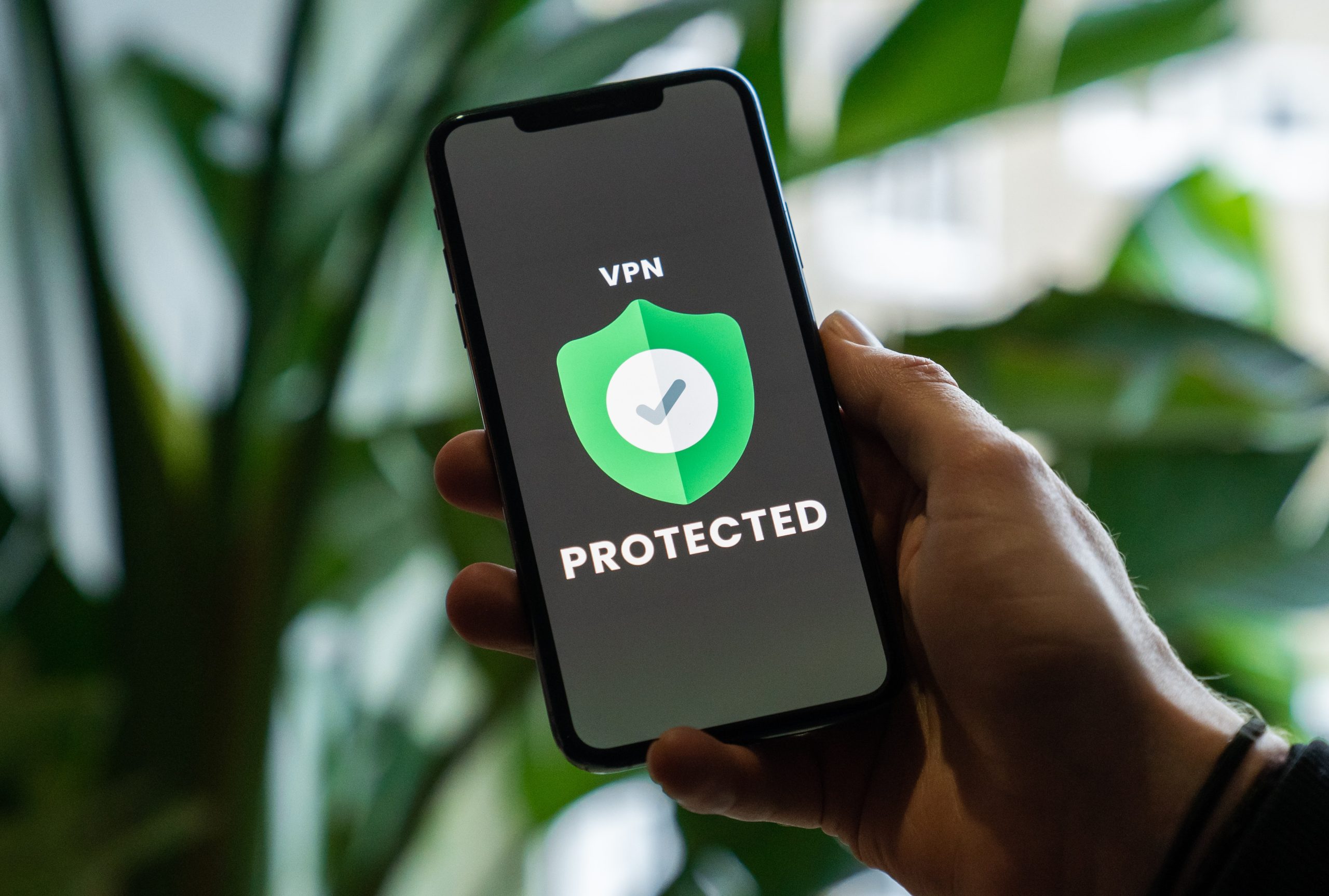As the internet continues to evolve, so do the threats it poses on our online security and privacy. Hackers, cybercriminals, and even advertising companies are always watching our every move, tracking our data, and collecting information about us. To protect ourselves from these threats, we use Virtual Private Networks (VPNs). While VPNs encrypt our internet traffic and secure our online activities from prying eyes, they also provide an additional layer of protection by blocking ads.
In 2023, VPN providers with built-in ad blockers have become increasingly popular as users look for ways to enjoy a cleaner browsing experience while keeping their data safe.
Why VPNs with Ad Blockers are Essential
Using a VPN with an ad blocker is essential for many reasons. Firstly, it helps protect your online privacy by preventing advertisers from tracking your online activity. Advertisers often use cookies to track users across different websites and build a profile of their interests and behavior. With an ad blocker, you can prevent these cookies from being installed, making it harder for advertisers to track you.
Secondly, using a VPN with an ad blocker can help improve your browsing experience by removing annoying ads that slow down page load times or disrupt the content you are trying to read. This can be especially important on mobile devices where screen real estate is limited.
Finally, using a VPN with an ad blocker can also help protect against malware and other security threats that may be delivered through malicious ads. By blocking these ads before they have a chance to run on your device, you reduce the risk of accidentally downloading harmful software or exposing yourself to phishing attacks.
Overall, there are many benefits to using a VPN with an ad blocker built-in. Whether you’re looking for increased privacy and security or simply want a better browsing experience free from annoying ads, these types of tools can provide significant value.

Top 5 VPNs with Built-in Ad Blockers
- NordVPN: NordVPN is one of the top VPNs with a built-in ad blocker that effectively blocks ads from all websites and applications. Its CyberSec feature also protects you from malware and phishing attempts, making it an excellent choice for those who value their online security.
- Surfshark: Surfshark is another VPN that offers an ad-blocker as part of its suite of features. The CleanWeb tool blocks ads, pop-ups, and malware while protecting your privacy through its strict no-logs policy.
- ExpressVPN: With ExpressVPN’s built-in ad blocker, you can browse the internet without any annoying interruptions while enjoying high-speed connections and unlimited bandwidth.
- Private Internet Access (PIA): PIA offers a comprehensive suite of tools to protect your online privacy, including its MACE feature that blocks ads and trackers at the DNS level to keep your browsing experience uninterrupted.
- CyberGhost: As one of the most user-friendly VPNs on the market, CyberGhost’s ad-blocking feature keeps your internet experience free from unwanted distractions while providing robust encryption to keep your data safe and secure.
Overall, choosing a VPN with a built-in ad blocker can greatly enhance your browsing experience by keeping intrusive ads at bay while ensuring maximum privacy protection.
Pros and Cons of Using a VPN with Ad Blocker
Using a VPN with Ad Blocker has its pros and cons, just like any other technology. One of the biggest advantages of using a VPN with Ad Blocker is that it protects your privacy by hiding your IP address and online activity from advertisers and hackers. Additionally, it blocks annoying ads that can slow down your browsing experience and even infect your device with malware.
On the other hand, using a VPN with Ad Blocker can also have some drawbacks. For instance, not all websites work well while using an ad blocker, which may affect the quality of your browsing experience. Moreover, some free VPNs with built-in ad blockers may compromise on security, as they collect user data to monetize their services.
Despite these limitations, many people still prefer to use a VPN with Ad Blocker because it provides them with added protection against cyber threats while blocking intrusive ads. If you decide to use one of these services, make sure you choose a reputable provider that prioritizes both security and privacy.

How to Choose the Right VPN with Ad Blocker
When choosing a VPN with an ad blocker, there are several factors to consider. Firstly, it’s important to check whether the VPN offers a built-in ad blocker or if it requires you to install a separate ad-blocking software. Built-in is generally more convenient and effective for blocking ads across all devices and applications.
Secondly, look for a VPN that has strong encryption and security features in addition to the ad-blocker. After all, the primary purpose of a VPN is to protect your online privacy and security.
Lastly, consider the user interface and ease of use. A good VPN should make it easy for users to toggle on/off the ad-blocker feature as needed, without sacrificing speed or performance.
Overall, choosing the right VPN with an ad blocker comes down to balancing convenience, security, and usability. By keeping these factors in mind when making your decision, you can find a reliable solution that meets your needs for both browsing privacy and streamlined online experiences.
FAQs about VPNs with Built-in Ad Blockers
- What is a VPN with built-in ad blocker?
A VPN with built-in ad blocker is a service that allows you to browse the internet without ads while protecting your online privacy and security. The ad blocker feature ensures that advertisements are filtered out before they reach your browser, hence preventing annoying pop-ups, banners, and other types of ads from appearing on your screen.
- How does an ad-blocking VPN work?
An ad-blocking VPN works by intercepting network requests from your device and blocking any request that matches an advertisement domain. This means that when you visit a website, the VPN will automatically block any advertisements associated with that site or page.
- Are there any downsides to using a VPN with an ad blocker?
One potential downside of using a VPN with an ad blocker is that it may slow down your internet speed since it has to process additional requests to filter out ads. Additionally, some websites may not function properly if their content relies on advertising revenue.
- Can I use a standalone ad-blocker instead of a built-in one in my VPN?
Yes, you can use standalone ad-blockers alongside a regular VPN service. However, using both simultaneously could affect performance and create conflicts between the two services.
- Will I still see sponsored content when using an ad-blocking VPN?
Most likely not – sponsored content is often delivered via advertising networks which should be blocked by the built-in ad-blocker of the chosen VPM provider.

Conclusion: Which VPN is Best for You?
In conclusion, choosing the best VPN that’s right for you depends on your specific needs. If you want a VPN that comes with built-in ad blockers, then any of the VPNs mentioned in this article will do. However, if you prioritize speed and reliability over ad-blocking capabilities, then it’s important to look at other factors such as server locations and protocols offered.
Another important consideration is whether a VPN provider logs your data or not. If you’re concerned about privacy and security, then it’s best to choose a provider that doesn’t keep any logs of your online activity. Finally, there’s also the issue of pricing to consider. While some VPNs offer free plans or trial versions, they may come with limitations on data usage or server access.
Ultimately, choosing the best VPN depends on what matters most to you: privacy and security, ad-blocking capabilities, speed and reliability, or pricing options. By considering these factors carefully and doing your research beforehand, you’ll be able to find a VPN that fits both your budget and needs perfectly.
